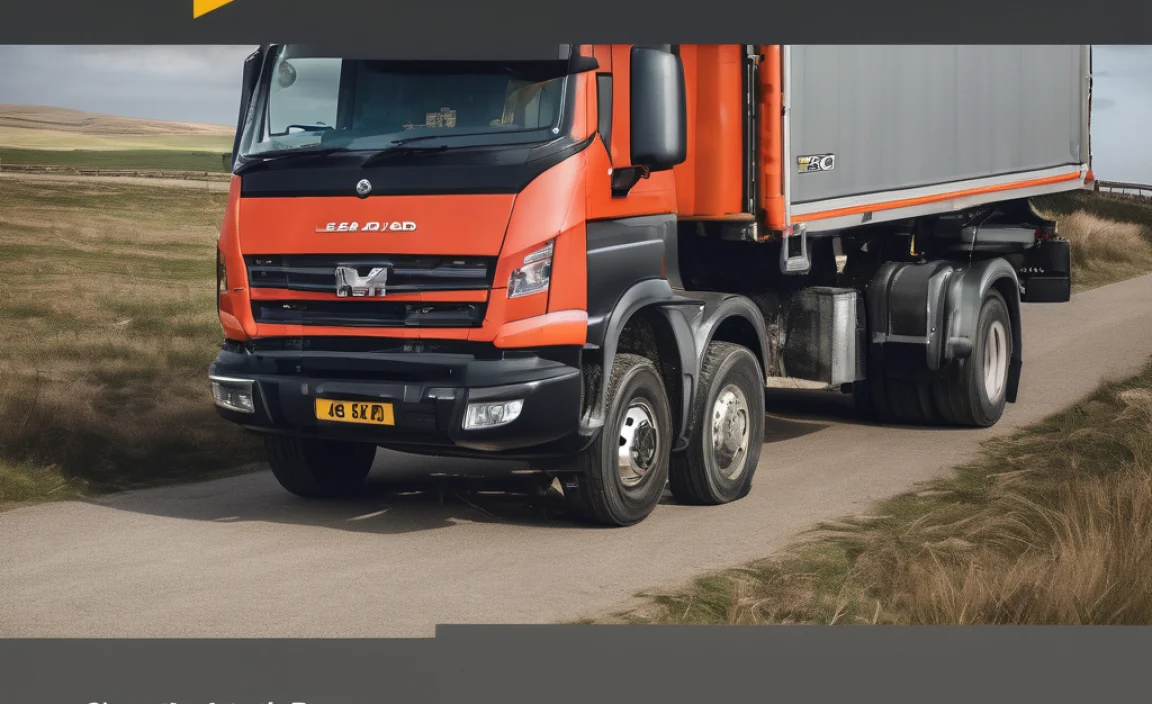Money for Batteries: Exclusive & Effortless Ways to Earn
Imagine a world where your used batteries, instead of ending up in a landfill, could actually put some cash back in your pocket. This isn’t a far-fetched dream; it’s a growing reality. For many, the concept of earning “money for batteries” might sound too good to be true, or perhaps like a complex logistical challenge. However, the landscape of battery recycling and repurposing is rapidly evolving, opening up exclusive and surprisingly effortless avenues for individuals and businesses to monetize their spent power sources.
The sheer volume of batteries consumed globally is staggering. From the smartphones in our pockets to the electric vehicles on our roads, batteries are the lifeblood of modern technology. As this reliance increases, so does the urgency to find sustainable and economically viable solutions for their end-of-life management. This is precisely where the opportunity for earning “money for batteries” emerges. It’s driven by a confluence of environmental consciousness, technological advancements in recycling, and the inherent value of the raw materials contained within these seemingly inert objects.
The Increasing Value of Used Batteries
The core reason behind the emergence of “money for batteries” programs is the recovery of valuable materials. Lithium, cobalt, nickel, manganese – these are not just chemical compounds; they are precious resources with significant market demand. As the global push for electrification accelerates, the demand for these materials in new battery production is skyrocketing. Consequently, the economic incentive to extract them from used batteries through recycling is becoming increasingly compelling. Think of it as a closed-loop system where old batteries become the feedstock for new ones, reducing reliance on new mining operations and their associated environmental impacts.
Furthermore, battery technology itself is a rapidly advancing field. While some batteries may no longer be efficient enough for their original purpose, they might still retain a significant portion of their charge capacity or be suitable for a secondary application. This has given rise to the concept of “second-life” batteries. These batteries, often sourced from electric vehicles, can be repurposed for less demanding applications like home energy storage systems, providing a viable and cost-effective alternative before eventually being recycled for their raw materials.
Exclusive Programs and Incentives
Earning “money for batteries” is no longer confined to large-scale industrial operations. Increasingly, exclusive programs are being launched to engage the public and incentivize responsible battery disposal. These initiatives often partner with retailers, municipalities, or specialized recycling companies to simplify the process for consumers.
One common model involves collection points at retail stores, community centers, or designated drop-off locations. When you bring your used batteries (often specific types, like rechargeable lithium-ion batteries) to these points, you might receive immediate rewards. These rewards can vary widely, from small gift cards or discounts on future purchases to direct cash payouts. The exclusivity often lies in the specific retailers or programs that offer these incentives, as they are often trailblazers in promoting sustainable practices and rewarding their customers for their participation.
Another avenue for earning “money for batteries” comes from specialized recycling companies. These companies are equipped to handle larger volumes and a wider variety of battery types. They might offer collection services for businesses or even individuals with substantial quantities of batteries. Their business model relies on efficiently extracting valuable materials, and they are willing to pay for this precursor material. This can be particularly lucrative for businesses that generate significant battery waste, such as electronics repair shops, telecommunications companies, or manufacturing facilities.
Effortless Collection and Cash-Out
The “effortless” aspect is key to the success of these “money for batteries” initiatives. Gone are the days of complex sorting and shipping arrangements for small quantities. Modern programs are designed for convenience.
Many established battery manufacturers and electronics brands are leading the charge by offering take-back programs. Often, these programs are integrated into the purchasing process. When you buy a new device, there might be an option to return old batteries of the same type for a credit or a small rebate. This makes the process seamless, as it’s tied to a natural cycle of consumption and replacement.
For individuals looking for a more direct cash-out, some online platforms and apps are emerging that specialize in battery recycling. You might be able to order prepaid mail-in kits. Once you fill them with your used batteries, you simply mail them back. The company then processes the batteries, and you receive payment based on the type and quantity of batteries returned. This removes the need to find local drop-off points and makes the process accessible regardless of your location.
Furthermore, community-based recycling drives often partner with local authorities or environmental organizations. These events are typically well-publicized and offer a convenient way to dispose of batteries responsibly while potentially earning a small reward. They foster a sense of community involvement and make the act of earning “money for batteries” a shared and positive experience.
Looking Ahead: A Greener, More Profitable Future
The trend towards earning “money for batteries” is more than just a temporary incentive; it’s a fundamental shift in how we view waste. As technology advances and the circular economy gains momentum, we can expect even more innovative and accessible ways to monetize our used batteries. Governments are also playing a crucial role by implementing policies that encourage battery recycling and penalize improper disposal, further creating a supportive ecosystem for these earning opportunities.
Whether you’re an individual looking to offset the cost of your electronics or a business seeking to improve its sustainability and reduce waste management expenses, exploring the opportunities for “money for batteries” is a worthwhile endeavor. It’s a win-win situation: you contribute to a healthier planet by ensuring batteries are recycled or repurposed responsibly, and you get rewarded for your efforts. The future of battery management isn’t just about powering our world; it’s also about finding smart, exclusive, and indeed, effortless ways to benefit from the resources they contain.

